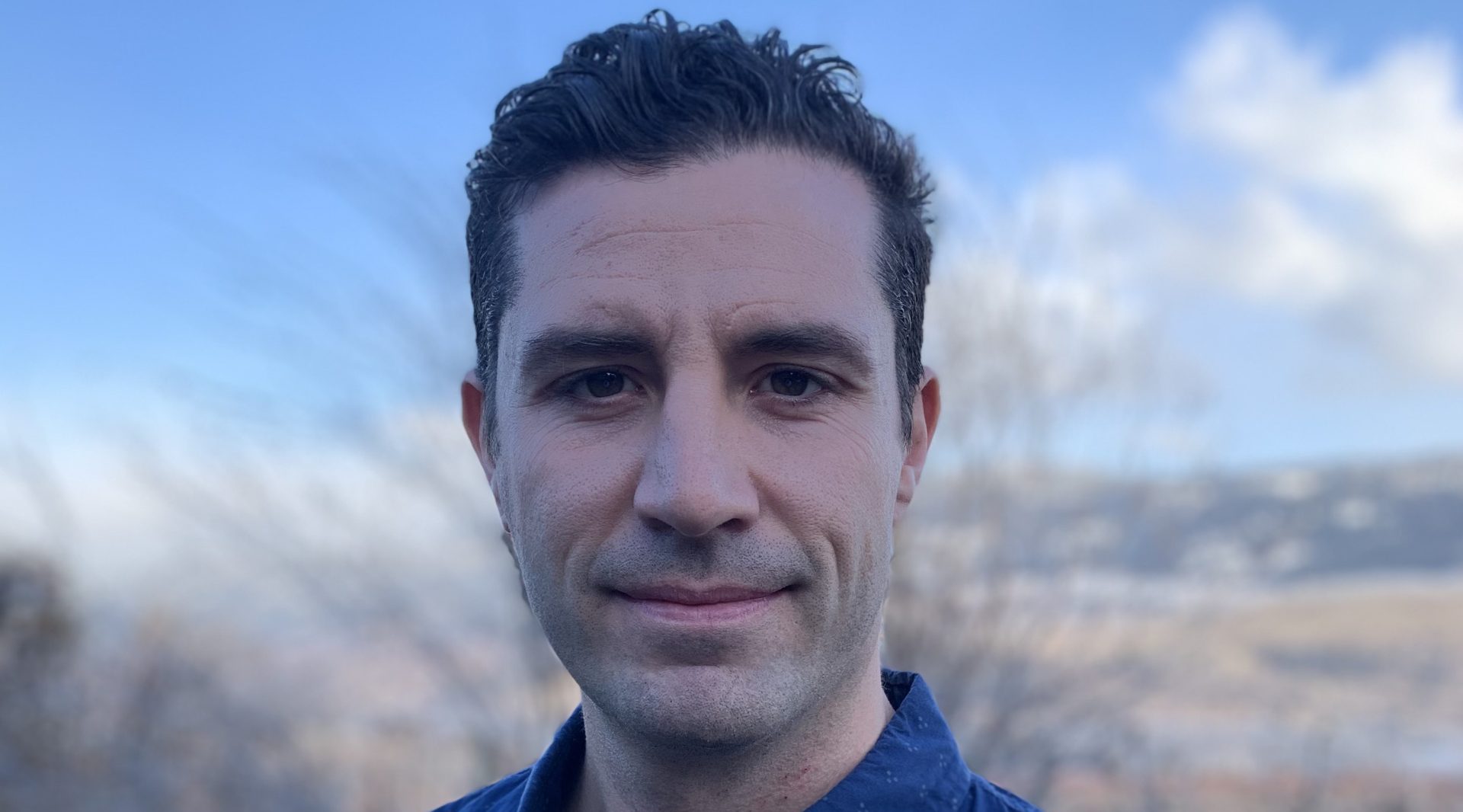Edward Lefurgy is a dedicated school counselor and basketball coach based in Coldstream, British Columbia. Born on September 6, 1982, in Chilliwack, BC, Edward has cultivated a significant career focusing on youth development and mental health. He holds a Bachelor of Arts from the University of the Fraser Valley and Masters degrees in Educational Leadership and Counseling. Currently serving as a counselor at Kalamalka Secondary School, Edward also founded Roots Sports Club, a youth basketball organization, and runs his counseling business, Olive Branch Wellness. His work is characterized by a deep commitment to the well-being of his students, emphasizing the importance of both mental and physical health. Through his various roles, Edward has become a pillar in his community, dedicated to fostering environments that support and encourage young people to thrive.
How did you get started in this business?
I began my career in education and coaching out of a genuine passion for sports and a deep-seated belief in the power of mentorship and development for youth. My journey started more formally when I became a school counselor, realizing the profound impact I could have on young people’s lives not just academically, but emotionally and socially through sports.
How do you make money?
My income primarily comes from my role as a school counselor. Additionally, I run a youth basketball program, Roots Sports Club, which generates revenue through program fees, which are reinvested back into the club to enhance our offerings and support more young athletes.
How long did it take for you to become profitable?
The counseling and coaching aspects of my career are not just about profitability but about creating value and impact. The basketball club reached a financially stable point where it could sustain itself and fund its activities within the first two years.
When you were starting out, was there ever a time you doubted it would work?
Certainly, there were moments of doubt, especially when balancing the complexities of funding a youth sports program and ensuring it was accessible to all. However, the belief in the transformative power of sports and the visible progress of the students kept me going.
How did you get your first customer?
My first ‘customers,’ if you will, were the students at the schools where I’ve worked. By establishing a strong, supportive presence, I organically grew my counseling practice and sports programs through word of mouth among parents and the community.
What is one marketing strategy that works well to generate new business?
Community engagement has been incredibly effective. Hosting and participating in community events, workshops, and seminars not only raises awareness of our programs but also solidifies our reputation as a trusted pillar in youth development.
What is the toughest decision you’ve had to make in the last few months?
Recently, the toughest decision was how to safely continue our sports programs amidst changing public health guidelines. Balancing safety with the mental and physical benefits of sports participation required careful planning and consultation with health experts.
What do you think makes you successful?
My success stems from a relentless focus on the well-being and development of the youth I work with. This means continuously learning and adapting to meet their needs and being committed to their success both in and outside of sports.
What has been your most satisfying moment in business?
The most satisfying moments come when I see a student or athlete overcome personal challenges, whether they’re on the court or in their personal lives. Knowing that our programs played a role in their growth is incredibly rewarding.
What does the future hold for your business?
I see a future where our programs expand to support more students and include a wider range of sports and development activities. I’m particularly interested in integrating more mental health resources and support services directly into our sports programs.
What business books have inspired you?
“Drive” by Daniel Pink has been particularly influential. It speaks about what motivates us, emphasizing the importance of autonomy, mastery, and purpose, which are principles I integrate into my coaching and counseling.
What advice would you give to your younger self?
I would advise my younger self to embrace the journey with all its ups and downs. Patience and resilience are crucial, and it’s important to remember that the impact you’re aiming to make often takes time to manifest.
Are you willing to be a mentor?
Being a mentor is a role I naturally cherish and take on daily. I’m always open to supporting aspiring educators, coaches, or anyone looking to make a positive impact in the lives of young people.

